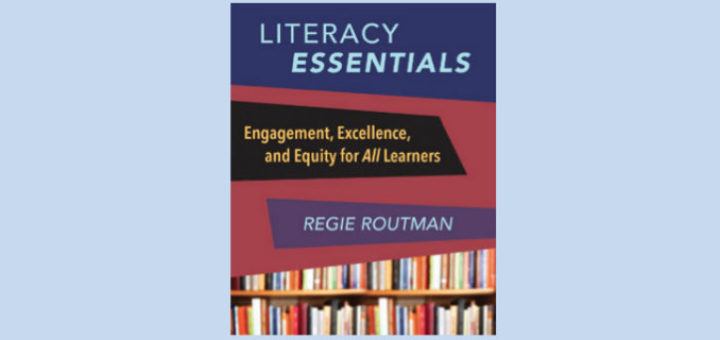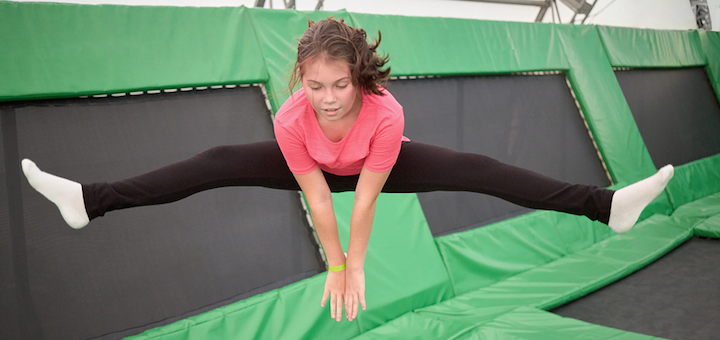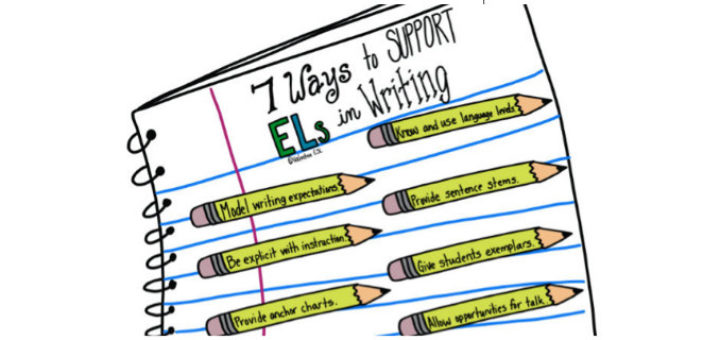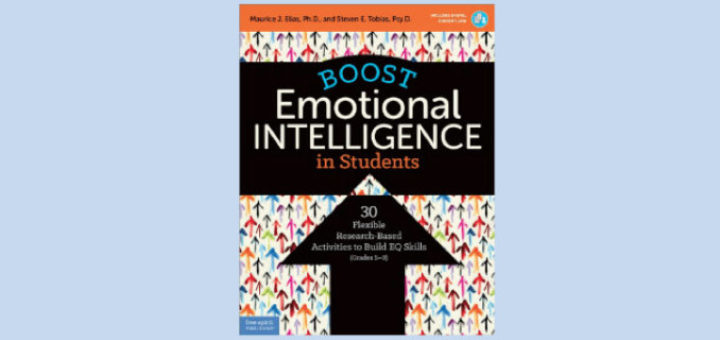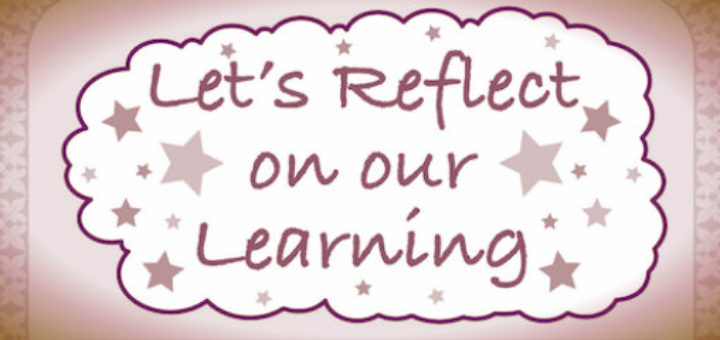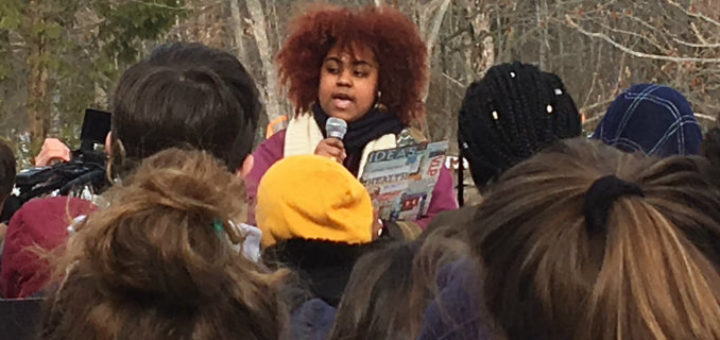Teaching and learning in grades 4-8
As the school year winds down and heightened emotions proliferate, it’s easy for teachers to lose their cool. Student (and parent) behavior that would have been met with patience earlier suddenly ratchets up teacher frustrations. Rita Platt shares her coping strategies – laughter included!
In Literacy Essentials, Regie Routman delivers a thoughtful and thought-provoking book that will challenge and inspire educators on their professional journeys as they seek to provide empowering instruction to all their learners, writes literacy coach Pam Hamilton.
Teaching students to eagerly revise their first drafts is “the Mt. Everest of writing instruction,” says renowned author Ruth Culham. The originator of the 6+1 Writing Traits program argues convincingly that revision must be the primary focus of the writing curriculum.
Most educators take one of two perspectives on students with disabilities, says Elizabeth Stein. They see them with deficits or with strengths and assets. In this resource-rich post, Stein makes the case for an assets-based approach to designing accommodations and the IEP.
With leadership from the Western Massachusetts Writing Project, teachers regularly share classroom stories in their local media. Offering tips and lessons learned, Kevin Hodgson shows how adding educator voices to community discussions increases understanding and support.
English learners are relying on teachers to help them quickly advance in language proficiency, says specialist Valentina Gonzalez, and writing is a life skill that can deepen learning in every curriculum. She shares 7 ways to build the writing competencies of ELLs now.
SEL is a hot topic in education circles today, and it should be, writes reviewer Rita Platt. If you are looking for lesson plans and ideas to help you boost social and emotional learning, Boost Emotional Intelligence in Students will be a great addition to your toolkit.
Although our assessment of students is critical to learning, we also want students to learn to assess themselves, writes teaching consultant Barbara Blackburn. Encouraging students to take measures of their own progress is both more rigorous and more empowering.
How can you support your middle schoolers in peaceful and productive advocacy for equity and social justice? EL Education’s Anne Vilen shares the courageous story of immigrant Atak Natali to show how supportive teachers can help students come together to work for justice.
One way to reach and connect with today’s adolescents is to bring their pop culture into the classroom. Fads and favorites can be hooks to boost media literacy – from a hip-hop song to a clip from a popular TV show, a trending commercial or snippet from a current movie.


